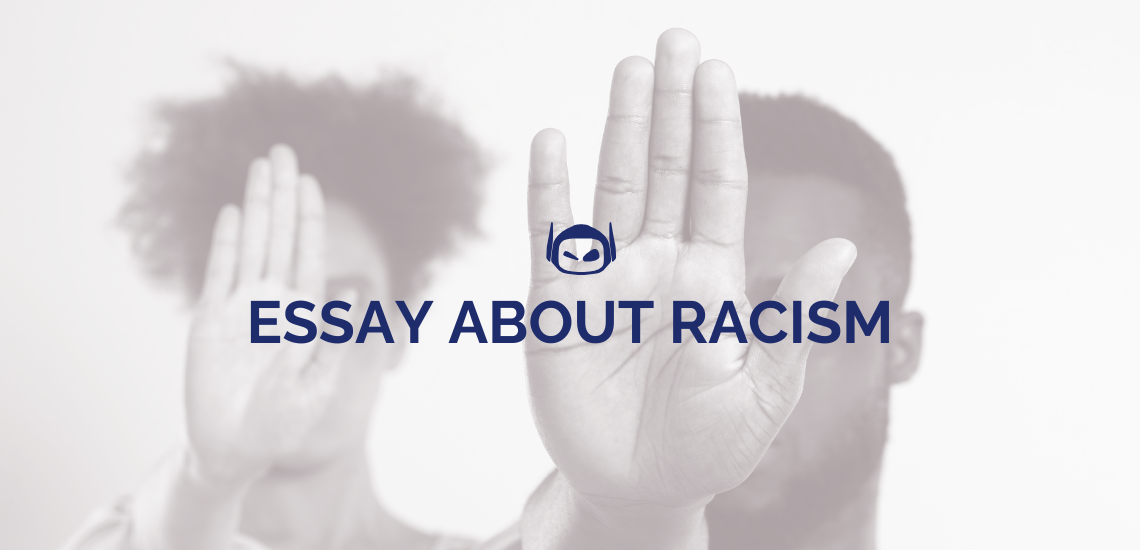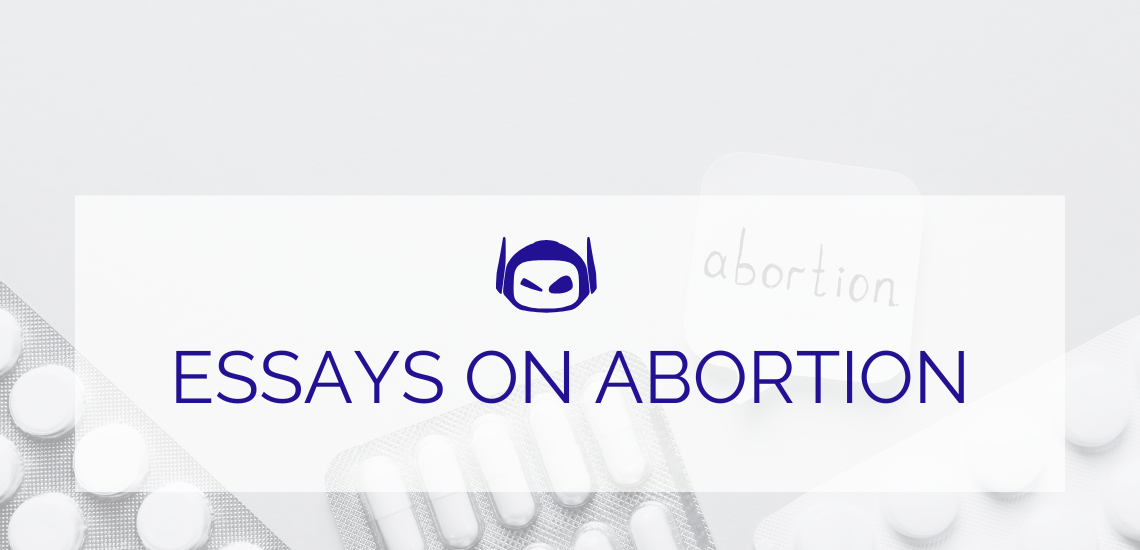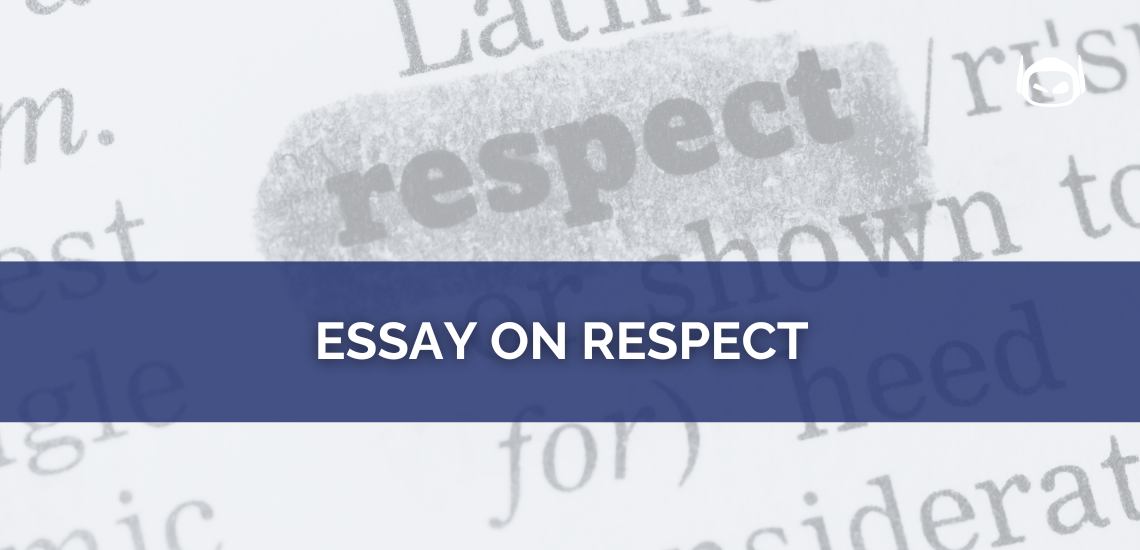
General Guide About Content and Writing
Learning how to write a book the correct way makes...

General Guide About Content and Writing
Are you facing writer’s block or need help coming up...

General Guide About Content and Writing
Dyslexia is a language-based learning disability that affects many people....

General Guide About Content and Writing
Writing an essay on racism is a powerful opportunity to...

General Guide About Content and Writing
There are many different types of essays on abortion that...

General Guide About Content and Writing
Do you need to write a compelling essay to get...

Step-by-Step Instructions for Writing
Did you receive an assignment about writing an essay on...

Step-by-Step Instructions for Writing
Do you want to learn how to write a five-page...

Do you have an assignment about an essay on leadership?...

Do you know the correct way to spell the word...